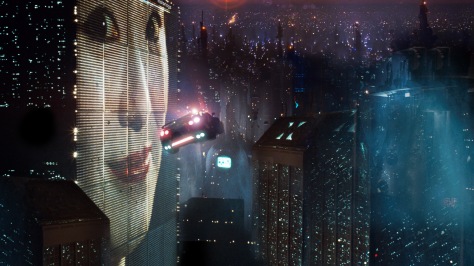
I feel no need to give a comprehensive review of Avengers: Endgame (Disney Marvel 2019; directed by Anthony Russo and Joe Russo) because it has already been extensively reviewed. Rather, I will say that I like the way that Disney Marvel chose to end this phase of the Marvel Cinematic Universe. The plot was mostly resolved, and I suspect that any unanswered questions will be addressed in subsequent movies since they don’t seem to involve the original characters.
Yes, their were some logical flaws and a couple of confusing visual sequences, but the splash panel scenes were terrific. Various beloved characters suffered injury, died, grew old, retired, came back to life, were reunited with their friends and families, and so forth. In other words, this paralleled real life, and the movie hit many of the right nostalgic notes. The big question remains. Then what?
Overall, I think the MCU has been a good escape, a prolonged fantasy from within which we can re-examine reality. Its characters are not real, but they have become friends of our imagination over the last eleven years. Losing any of them can produce a mild sense of grief. It is very human to desire permanence and immortality, to think as if the people and things we love will continue forever. You could say we were designed for it.
The cinematic gods are mortal, and so are the actors who portray them. Disney Marvel will continue churning out entertaining movies and making a huge pile of money. Eventually, we all die, and it behooves us to seek answers to that ultimate question…
THEN WHAT?































































 This is both a strength and a weakness. While it is interesting to see characters together in novel combinations, there can also be too many irresistible forces and too many immovable objects.
This is both a strength and a weakness. While it is interesting to see characters together in novel combinations, there can also be too many irresistible forces and too many immovable objects.






